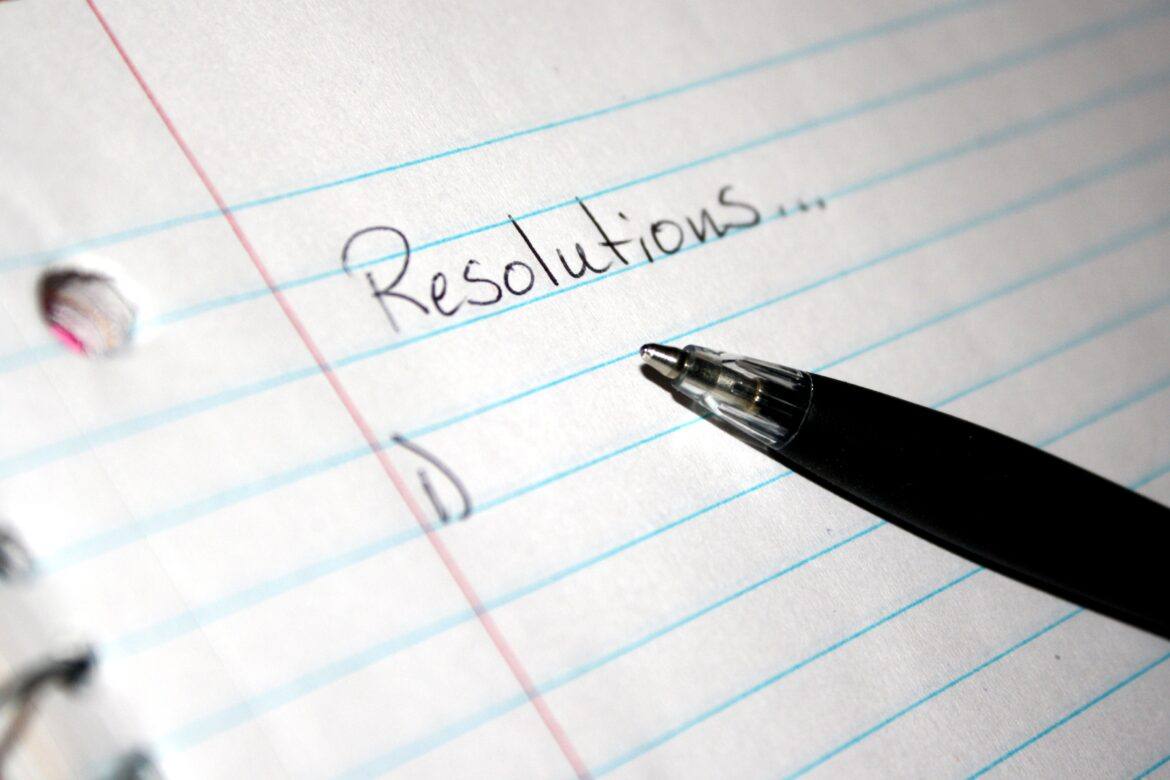Every year as the clock nears midnight on December 31st, millions of people dream about what the new year will bring. A new year brings the hope of possibilities and a fresh start, and many of us make New Year’s resolutions and share them with others. We vow to lose weight, to spend more quality time with family, or to volunteer more often. Some resolutions we accomplish and others we don’t. Still, there is joy in the dreaming.
Educators are blessed in that we get to make New Year’s resolutions twice a year. Just as January brings hope, fall brings about the start of a new school year. While we may be a little sad to see our summer fade so quickly, we eagerly look forward to seeing our colleagues and, most importantly, our students once again. So in August, many of us make new school year’s resolutions.
This year, why not make a few of the new school year’s resolutions center around integrating technology into your classroom? Whether you’re a tech junkie, a novice, or somewhere in between, there’s always room for improvement. Our advice? Make your resolutions SMART: Specific, Measurable, Attainable, Relevant, and Time-bound.
Make it SPECIFIC
Make your tech goal as specific as you can. Instead of making a goal to “use technology to communicate with parents,” you could strive to “use the new Seesaw announcements feature to send reminders to parents.” Rather than saying you will “use technology to get feedback from students,” you could aim to “gather video feedback from students using Recap.”
Make it MEASURABLE
It is much easier to monitor progress towards your resolutions if you make them measurable. (Think IEP’s.) It is more feasible to assess your results if your goal is to “post at least one flipped lesson a week to EdPuzzle” rather than to “flip my class.” Imagine how effortless it would be to gauge your progress on a resolution that states “I will publish one newsletter a month using Smore.”
Make it ATTAINABLE
When you set your resolution measurement, make your mark high enough to challenge yourself, but not so high there’s no way you can accomplish it. It may be lofty to say “I will tweet out something about my class every hour of every day,” but chances are that just won’t happen. Setting out to “send ten positive affirmation emails to students daily” sure would be nice, but realistically it’s far fetched. Don’t be too easy on yourself, but give yourself a goal you can be proud of when you achieve it.
Make it RELEVANT
It is important that your goals are meaningful. If you spend most of your technology time managing your email, then organizing your messages and reaching “inbox zero” should be a top priority. You can also focus on making day-to-day work more meaningful and integral for your students. How can you improve their centers, presentations, or group work with regular technology use?
Make it TIME-BOUND
Set an end date or a time-frame for your resolutions. Having a deadline encourages you to complete your goal. Your long-term resolution could be to “create a Google Classroom and post three announcements and assignments by the end of the year” with the smaller goal to “post one announcement and assignment by the end of October.”
Lastly, share your resolutions with a trusted colleague, someone who will offer praise when you’re on track and a gentle nudge when you steer off course.
If you do make a SMART new school year’s technology resolution, please let us know! Tweet it out, tag @TCEA, and use the hashtag #TechResolution17.
HAPPY NEW YEAR!
This is a guest blog contributed by Dr. Roland Rios and Ms. Jeannine Freeman. Dr. Rios is Vice President of TCEA and the Director of Technology at Ft. Sam Houston ISD. Ms. Freeman is the District Instructional Technology Specialist at Ft. Sam Houston ISD. The pair also want to give a special thanks to their Administrative Assistant, Ms. Elizabeth Davidson, for “proofreading, wordsmithing, and making us sound much smarter than we actually are!”


